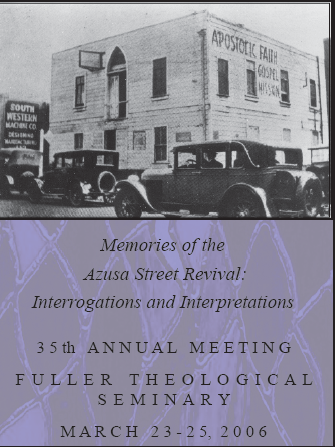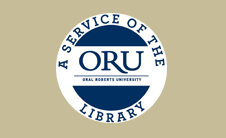Description
The Radical Orthodoxy [RO] movement has been gaining increased attention and momentum in the North American theological academy. Its most recent spokesperson, James K. A. Smith attempts to extend the RO vision in dialogue with the Dutch Reformed tradition. Clearly, the central features of “Reformed” RO empower a kind of prophetic engagement with the cultural, political, ideological, and economic domains of late modern Western society. At another level, however, the globalizing features of our late modern world context mean that the dominant pagan deities are not just secularism, nihilism, or capitalism, but also, arguably, those of other religious traditions. At this level, I suggest that the program of RO, especially if accepted in terms of the reforms proposed by Smith, may be vulnerable to an authentic and sustained Christian engagement with the plurality of mythoi operative in the public square. Rather than undermining the Radically-Reformed project as revisioned by Smith, I propose a “pneumatological assist” and argue that a more robust pneumatological theology (actually suggested, but undeveloped by Smith) enables the kind of engagement that is required in our religiously plural late modern world.
RADICALLY ORTHODOX, REFORMED, AND PENTECOSTAL: RETHINKING" THE INTERSECTION OF POST/MODERNITY AND THE RELIGIONS IN CONVERSATION WITH JAMES K. A. SMITH"
The Radical Orthodoxy [RO] movement has been gaining increased attention and momentum in the North American theological academy. Its most recent spokesperson, James K. A. Smith attempts to extend the RO vision in dialogue with the Dutch Reformed tradition. Clearly, the central features of “Reformed” RO empower a kind of prophetic engagement with the cultural, political, ideological, and economic domains of late modern Western society. At another level, however, the globalizing features of our late modern world context mean that the dominant pagan deities are not just secularism, nihilism, or capitalism, but also, arguably, those of other religious traditions. At this level, I suggest that the program of RO, especially if accepted in terms of the reforms proposed by Smith, may be vulnerable to an authentic and sustained Christian engagement with the plurality of mythoi operative in the public square. Rather than undermining the Radically-Reformed project as revisioned by Smith, I propose a “pneumatological assist” and argue that a more robust pneumatological theology (actually suggested, but undeveloped by Smith) enables the kind of engagement that is required in our religiously plural late modern world.





